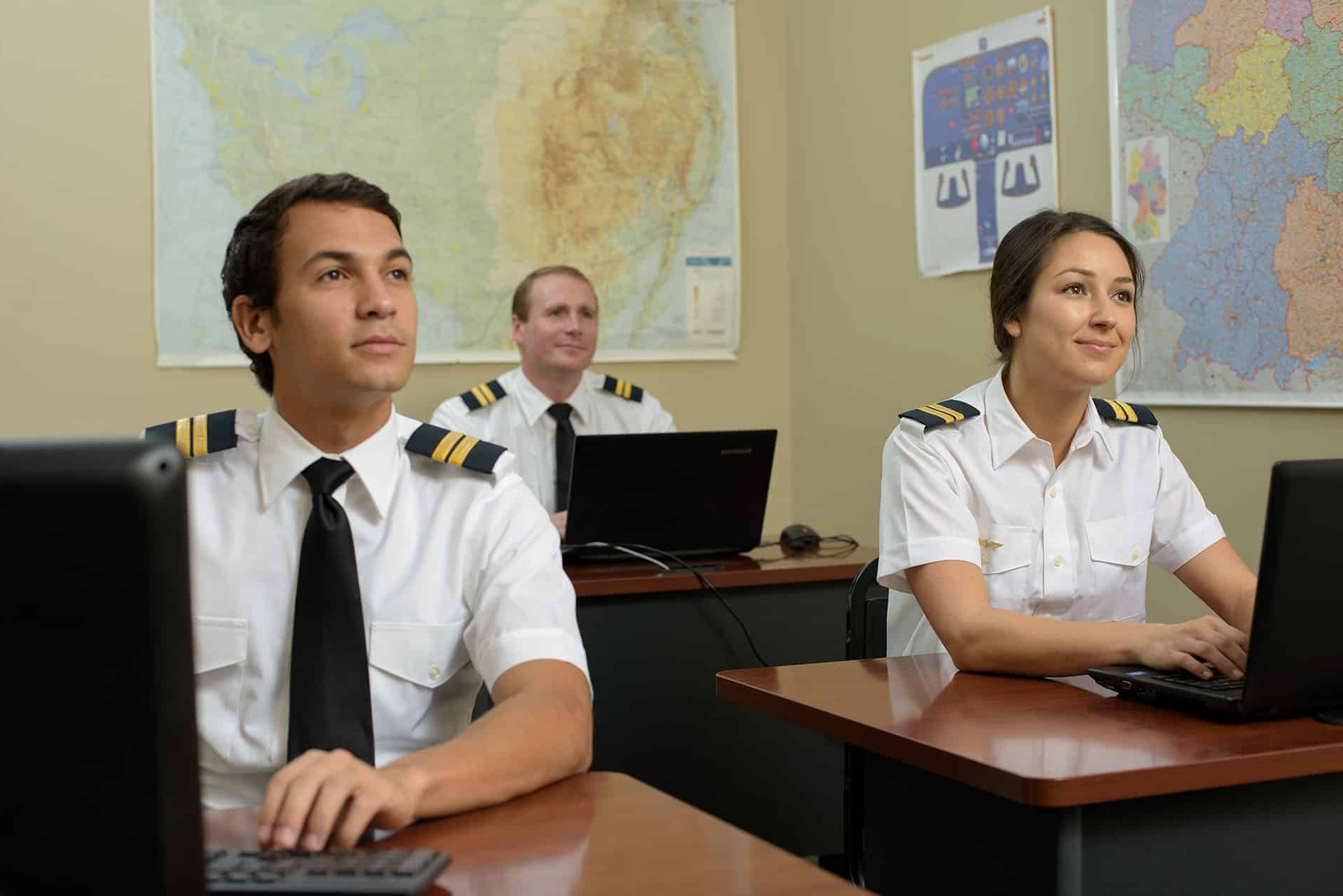
Ground school is where aspiring pilots learn the theory behind flying. But what exactly happens there? Ground school covers everything from aerodynamics to weather patterns. It's not just about learning to fly; it's about understanding the science and regulations that keep aviation safe. Students dive into subjects like navigation, aircraft systems, and aviation law. They also get familiar with the Federal Aviation Administration (FAA) rules. This knowledge is crucial before taking to the skies. Whether you're dreaming of becoming a commercial pilot or just want to fly for fun, ground school is your first step. Ready to learn more? Let's get started!
What is Ground School?
Ground school is the foundation of pilot training. It covers the theoretical knowledge needed to fly an aircraft safely. Here are some fascinating facts about ground school.
-
Ground school is essential for all aspiring pilots. It provides the necessary knowledge to pass the written exams required for a pilot's license.
-
Topics covered include aerodynamics, navigation, weather, and aviation regulations. These subjects ensure pilots understand the principles of flight and can handle various situations.
-
Ground school can be completed online or in-person. Many flight schools offer flexible options to accommodate different learning styles and schedules.
-
The duration of ground school varies. It can take anywhere from a few weeks to several months, depending on the program and the student's pace.
-
Ground school is not just for pilots. Air traffic controllers, flight dispatchers, and other aviation professionals also benefit from this training.
The Importance of Aerodynamics
Understanding aerodynamics is crucial for any pilot. It explains how and why an aircraft flies.
-
Aerodynamics is the study of how air interacts with solid objects, like an airplane. This knowledge helps pilots control the aircraft efficiently.
-
Ground school teaches the four forces of flight: lift, weight, thrust, and drag. Pilots must understand how these forces interact to maintain stable flight.
-
Pilots learn about different types of drag, such as parasitic and induced drag. Knowing how to minimize drag improves fuel efficiency and performance.
-
Understanding lift is vital. Pilots must know how to generate and maintain lift to keep the aircraft airborne.
Navigation and Flight Planning
Navigation is a key component of ground school. Pilots must know how to plan and execute a flight safely.
-
Pilots learn to read and interpret aeronautical charts. These maps provide essential information about airspace, airports, and navigation aids.
-
Ground school covers different navigation methods, including pilotage, dead reckoning, and radio navigation. Each method has its advantages and limitations.
-
Flight planning involves calculating fuel requirements, selecting routes, and considering weather conditions. Proper planning ensures a safe and efficient flight.
-
Pilots must understand airspace classifications. Different airspace types have specific rules and requirements that pilots must follow.
Weather and Its Impact on Flight
Weather plays a significant role in aviation. Ground school teaches pilots how to interpret weather data and make informed decisions.
-
Pilots learn about different weather phenomena, such as thunderstorms, turbulence, and icing. Understanding these conditions helps pilots avoid dangerous situations.
-
Ground school covers weather forecasting and observation. Pilots must know how to read weather reports and forecasts to plan their flights.
-
Pilots study the effects of weather on aircraft performance. For example, high temperatures can reduce engine efficiency and lift.
Aviation Regulations and Safety
Safety is the top priority in aviation. Ground school ensures pilots are familiar with the rules and regulations that govern flight operations.
-
Pilots learn about the Federal Aviation Administration (FAA) and its role in regulating aviation. The FAA sets standards for pilot training, aircraft maintenance, and air traffic control.
-
Ground school covers important regulations, such as those related to flight operations, airworthiness, and pilot certification. Pilots must adhere to these rules to ensure safety.
-
Pilots study emergency procedures and how to handle in-flight emergencies. This training prepares them to respond effectively to unexpected situations.
-
Ground school emphasizes the importance of human factors in aviation. Pilots learn about decision-making, communication, and crew resource management to enhance safety.
Final Thoughts on Ground School
Ground school isn't just about learning to fly; it's about understanding the principles of aviation. From weather patterns to navigation techniques, every lesson builds a foundation for safe flying. Aspiring pilots gain critical knowledge that prepares them for real-world scenarios. The commitment to studying and mastering these topics ensures that when you're in the cockpit, you're ready for anything. Whether you're dreaming of a career in aviation or just want to fly for fun, ground school is an essential step. It might seem challenging at times, but the rewards are worth it. Remember, every great pilot started where you are now. So, buckle down, stay focused, and soon enough, you'll be soaring through the skies with confidence. Keep pushing forward, and your aviation dreams will take flight.
Was this page helpful?
Our commitment to delivering trustworthy and engaging content is at the heart of what we do. Each fact on our site is contributed by real users like you, bringing a wealth of diverse insights and information. To ensure the highest standards of accuracy and reliability, our dedicated editors meticulously review each submission. This process guarantees that the facts we share are not only fascinating but also credible. Trust in our commitment to quality and authenticity as you explore and learn with us.


